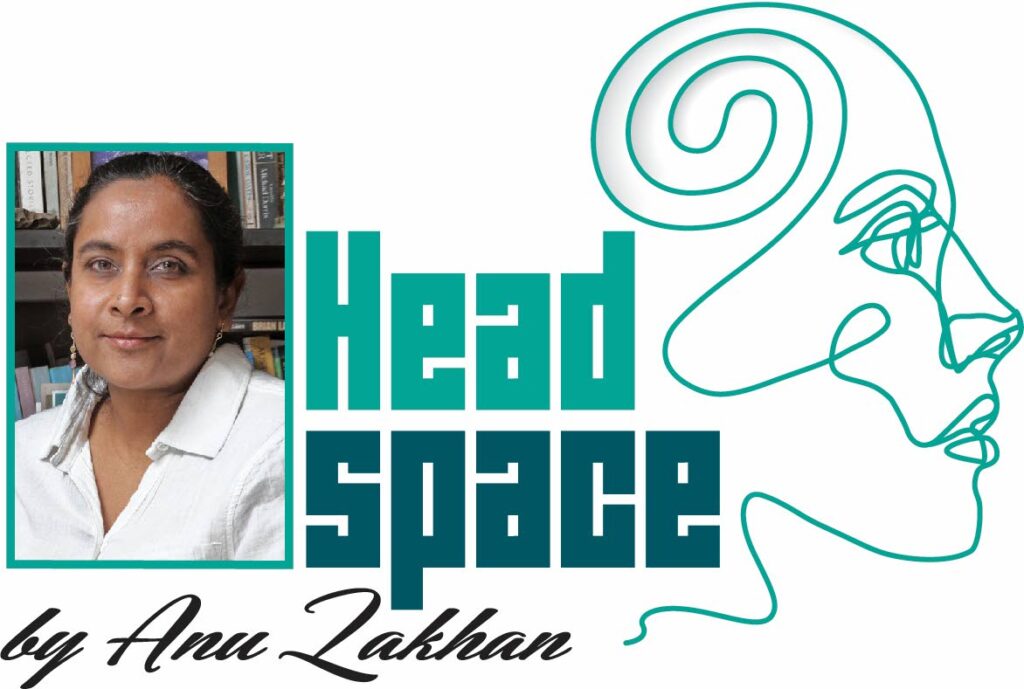What the France

TRIGGER WARNING: Some readers may find this subject matter distressing.
I HAVEN’T been to the south of France, but it always sounded like a good idea. Provence isn’t necessarily provincial, is it? I like a little civilised rusticity. All those pictures of wildflowers and long summer dresses next to ones of gorgeous bakeries and houses so adorable you want to eat them too.
But now I think I’m starting to understand what people mean when they say Trinidad sounds great but they’re afraid of coming here.
It's extraordinary how one story can paint – or taint – a whole place. It’s happened all over India, the Caribbean, Africa, China, Sweden. Somehow Sweden doesn’t come up nearly so often in the conversations to which I am about to refer. To wit: conversations about places you feel unsafe.
The news out of France this past week has been hideous.
In Mazan, Provence between 2011 and 2020, somewhere in the middle of my postcard images, Dominique Pélicot was avidly sedating his wife Gisèle Pélicot for the purpose of raping her and inviting other men to enjoy the privilege of doing the same.
The population of Mazan is about 6,000. It appears that most of the rapists were not from the tiny town, but one thing has come up in every conversation I’ve had: people had to have known.
Now 72, Gisèle insisted on a public trial. She refused to have her name and face hidden. The point, to summarise what I’ve read, was to turn the shame back on her now ex-husband and the 51 other men who abused her inert body. Thirty or so other men have not been found.
Dominique, 71, has admitted he is a rapist. Hard to do otherwise when the video files on your computer are subtly labelled “Abuses” and “My daughter, naked” (the abuse of his daughter is still unverified).
And as bad news is often followed by its companion, equally-bad-news, Dominique told the court in Avignon that he was raped when he was nine. At 14 he was forced to participate in a gang rape. His father raped a girl who lived at their house, and had other men over to do so as well.
Today, women around France and the world are holding Gisèle up not just as a great survivor, but a hero.
I am one of them. Happily I am not in France. I don’t think I can handle France right now. In the past, when people told me they were afraid to come to Trinidad or, very specifically, to bring white women friends here, my usual response was fury.
Yes, things here can be scary. As someone once said, the world has never been a safe place for girls and women. Here is not the exception.
What confuses me is why they think white tourists are a target. They can have that thought and not have any thoughts at all about the very many local girls and women who are preyed upon daily.
But I digress. If my voice sounds like I’m playing this on a piano that has not been tuned in a million years and everything is just a dull thud, blame the research.
Of late, I’ve read little except these reports. I’ve had a friend translate ones in French. I’m still not numb to the power of the pain in every line but there is that terrible point at which rage succumbs to helplessness and abject hopelessness.
What a relief Gisèle Pélicot has not shown that side, though I wonder about the times she may have felt it.
In this story of a victim creating other victims (Dominique is accused of the rape of another woman and the rape and murder of yet another) two seemingly small things stayed with me over the clamour of everything else.
When Gisèle Pélicot was going to tell her daughter about what had happened, she asked her son-in-law to stay close to by to support her. Her daughter, Caroline Darian, let out a howl that Gisèle continues to hear.
The other thing that landed with a great thump came from the man who said he thought what he was doing was ok because the husband’s permission was sufficient.
Let’s have a rousing “What the France?” here.
Some of the rapists say they thought she was pretending to be asleep. Some believed she was a willing participant in the process of being drugged into a near-corpse.
How did I so underestimate the necrophilia boom?
One of the most positive thing to emerge from the trial, rallies, protests and discourse in general is that the vocabulary around rape needs to change.
You can read about the Pélicot trial everywhere.
Remember to talk to your doctor or therapist if you want to know more about what you read here. In many cases, there’s no single solution or diagnosis to a mental health concern. Many people suffer from more than one condition.

Comments
"What the France"